“The way we view the world depends upon the people we choose to show it to us.”
I have this quote at my desk, so that every day I work at 500px, I am reminded of the power of diversity in photography. There is no one way to view the world, and there is no gender identity, race, religion, or any other group that should have a monopoly on how our world’s stories are presented—or not presented—to us. I am incredibly privileged to work at a place that has an impact on millions of photographers around the world. It’s a responsibility we don’t take lightly.
With that in mind, we at the 500px Blog were thrilled to discuss the past, present, and future of women in photography with some of our talented 500px ambassadors, in honor of International Women’s Day. Read on for their unique perspectives on how the craft and industry have changed, what it’s like to be a woman in photography today, and what the future holds.
Meet the ambassadors:
Amanda Carlson
Dina Belenko
Inna Mosina
Jennifer Kapala
Julia Wimmerlin
Laura Ferreira
Rekha Garton
Q: How has the photography industry changed for women in the last ~10 years?
For me personally, it’s changed in the form of respect: female photographers are more respected for their creativity and seriousness about photography as a career now, as opposed to it just being considered a ‘hobby.’ – Rekha Garton
Speaking from my experience in my country, Trinidad and Tobago, I’ve seen female photographers flourish over the past 10 years—many of them are the best in their genre of photography. Wedding, family, fashion, and documentary-style imagery are all being led by women here.
When I started out in 2006, I didn’t know of any other female photographers, and I would hear a few petty comments from male counterparts about my gender, race, age, and work, which I brushed aside but never forgot. I haven’t heard a bad word from any of my female photographer friends—we are all in this together and we support each other. Not to say that the men aren’t supportive as well, but I think there is less ego and more love amongst us gals. – Laura Ferreira
There are more opportunities to carve out your own space now. Ten years ago (at least in Russia), if you wanted to work in the photography industry, you had to do weddings, or maybe portraits. There was no place for a person like me, who can’t shoot a candid portrait to save their life, but who’s pretty good at conceptual still life. And now I can work at home, making my living by shooting flying coffee cups. – Dina Belenko
Women have definitely become more of a force in photography, and the sheer number of women involved in it at all levels has grown. By shooting what they know and love, I believe women have really influenced and led the development of a number of areas, such as family and child photography, and had the ability to bring a different awareness to certain social issues. I think there are far more opportunities women have made for themselves as entrepreneurs, and photography specifically lends itself well to this trend, which I feel will continue to grow and change the industry as a whole. – Jennifer Kapala
It’s becoming a better place for female photographers each year. More women rise to the top, you see more women photography-related brand ambassadors—an area that was once strictly dominated by men. I personally see more demand for female portrait photographers now—clients of both genders look for a more personal connection with their photographer during the photoshoot, and many times, they find it easier to connect to women.
– Julia Wimmerlin
When I initially dove into photography, I was only aware of a handful of female photographers. Even when I was going to school for photography, my main exposure to photographers was mostly men. Over the years, I’ve witnessed a huge female presence grow, whether it be someone I admire online or a personal friend. Something as simple as gender can provide us with unique and new perspectives in photography, and it’s exciting to be a part of and witness these changes. – Amanda Carlson
Q: What’s it like to be a woman in photography today?
I think it’s an extraordinarily-interesting time. There are incredible female role models who have pioneered the way forward, and as they have done so, they have really elevated women as a power to be reckoned with in the industry. I believe that the rise of women in photography has also led to the focus on community over competition. There are incredibly supportive groups now—often created and founded by women—that weren’t as prevalent even a few years ago. I know I have benefited immensely from the relationships I have established over the years, and the female mentors I have had, especially those that have broken into traditionally male-dominated areas.
That being said, like any industry, women are still underrepresented and in many cases, undervalued. Look around the boardrooms in North America and you will see that the top leader levels are still male-dominated. What is surprising to me is the lack of some large companies to really acknowledge not only the business benefits of having women in positions of power running your company, but also the purchasing power that women have. Look at the recent faux pas of a large company like Nikon, who failed to pick one woman to promote their new D850 because, by their own admission, they didn’t put enough of a focus on it. As a woman in the field, that made my choice as to where I want to spend my money pretty clear. – Jennifer Kapala
It depends on the genre you’re working in. Maybe if you work with people in the studio, interacting with the clients directly, being a woman can affect this process, but most of my clients never see my face, nor listen to the sound of my voice. I’m just an e-mail, text, and a beautiful picture as the end result. So, I don’t think my gender affects my work as a photographer more than, say, my love for donuts. And that’s a good thing. – Dina Belenko
It is an exciting time as a creative female to be included in this collective with other women, helping to pave this space that has historically been male-dominated. Women are very self-aware; I want to make the women that I shoot with comfortable, to feel amazing in their own skin, as that is key to making the photo look organic and natural. While I take pride in my diversity of subjects, I often find myself shooting mostly with women—maybe it is because I instantly have more organic connections with women, or perhaps when I reach out to them, they feel more comfortable being photographed by a female photographer.
– Amanda Carlson
It’s a great place to be, as an industry that was once overpowered by the male point of view is really keen on seeing more female vision. – Julia Wimmerlin
To some extent, it’s easier to be a woman as a photographer—there are fewer risks if you photograph underage girls, for example. I think for male photographers, that is more difficult. I feel comfortable being a female photographer. – Inna Mosina
I don’t categorise myself as a ‘female photographer,’ I just try to put my best work out there. However, if we’re talking about perks, I do feel like female clients, especially those who have never modelled before, feel a bit more comfortable with me because we may share experiences—this puts them at ease and makes the session much smoother. In terms of how my gender affects my style, there is definitely a feminine touch to my work (mind you, I almost only shoot women). I love to celebrate the female figure—I feel a deeper connection with this style. – Laura Ferreira
I love being a woman in photography. I have been fighting to get here for 10 years, to be taken seriously. I feel a sense of creative accomplishment not just financially—which is a plus, of course—but personally, being able to tell stories through my work, to take inspiration from others and give it back. – Rekha Garton
Q: What do you think the future will be like for women in photography?
I believe we will continue to embrace more female photographers and there will surely be genres where we’ll see more women. I also see quite a few collaborations between photographer couples, which to me is a perfect vision. The photography world is opening up. With the development of technology, the craft moves away from being very technical to being more about the vision. The world is oversaturated with images, often technically-perfect shots, so consumers are looking for something different. So whoever offers a different point of view will rise to the top. – Julia Wimmerlin
Women are becoming more and more successful as full-time photographers: their creativity and passion are being praised and acknowledged worldwide, opening up countless opportunities. Just look at Lara Jade and Elizabeth Gadd, two completely different types of photographers, but who are both kicking butt and revolutionizing the way women are seen in the photography world. – Rekha Garton
*In the voice of Arthur Shappey* Brilliant!
No, seriously, there are so many opportunities, so many different ways to be a photographer now, I can’t wait to see all the new talented artists and what they will do! – Dina Belenko
It can only grow brighter. We’ve come a long way, and the gender lines will keep blurring as more and more people see that it’s the work that matters. – Laura Ferreira
I think women are uniquely positioned to tell women’s stories and give voices to those who don’t typically have the power or ways to tell their stories. As the balance of power starts to shift, I think female photographers will be able to raise awareness of populations that have previously been marginalized. I think this will create growth in certain areas of photography, and unique business ventures will start to emerge to support those areas. I think more and more women will be running those businesses, and that’s when we will start to see broader gender representation in boardrooms, in marketing, and in the industry as a whole.
– Jennifer Kapala
I think our future is perfect! Especially with the support of 500px, which helps to develop the field of photography. – Inna Mosina
The future of photography will be fascinating to witness. There are male and female photographers I follow who consistently inspire and intrigue me. I’m excited to see more female involvement in this space and behind the camera, as I am a proponent of having diverse artists’ perspectives in the photo space. – Amanda Carlson
Q: What’s the best and worst part of being a woman in the photography industry?
The best part is that it’s finally not being ‘a woman in the photography industry’ but just ‘being a photographer.’ A lot of my followers aren’t aware of my gender at all, once in a year (when I eventually show my face in Instagram Stories) I get a comment along the lines of “oh, so you’re a girl, I thought you were a sporty guy with a short beard.” And that’s perfectly fine. My photos say the most about who I am. I’m a still-life photographer. This fact carries more weight than me being a woman. I think that’s great! To be candid, I can’t think of anything for “the worst part.” Too-heavy gear, maybe? – Dina Belenko
The best part—ease in finding contact with models of any gender. The worst part is that there are sometimes life-threatening situations on-set: when you are a female photographer, you can find yourself in remote photo locations outside the city in the evening, sometimes it’s really scary. – Inna Mosina
The best part of being a woman in the photography industry is knowing how a subject wants to look and feel: I see their beauty and can tell when they feel in their prime; I live for those moments—I know those feelings. There is something unique about connecting with and capturing female subjects: a sort of invisible connection and trust established to capture a woman in her most vulnerable moments. There are ups and downs with being a female photographer, and although I’ve been a photographer for years now, I’ve noticed that sometimes I’m not taken entirely seriously. I use that momentum as an advantage, like capturing moments when someone isn’t paying attention. – Amanda Carlson
The best part is gaining the trust of my clients—I do feel that in this case, being a woman is a plus. I often find that on a fashion/editorial set with all-female teams, we end up in a very collaborative spirit, which changes when men come onto the set. The worst part is carrying heavy equipment, when you need to prepare the set by moving heavy furniture, props etc. by yourself. – Julia Wimmerlin
For the most part, I haven’t experienced much backlash for being a female photographer. In my experience, I think the opportunities that we miss out on deal more with nepotism than gender (I do live on a small island). Our personalities also play a major role in networking and furthering our reach, but that’s something that we, as male or female individuals, can work on and improve. – Laura Ferreira
The best part is being able to tell stories through my work: I can’t write, so I take photos instead. Connecting with other women is the best, too, and surprising people, which can also be a bad part. Often if I tell someone I am a photographer, they ask what I do for my ‘main job’—I then have to explain it is my job, to which I quite often get a very surprised and skeptical look, or a ‘Aw, that’s nice that you can do that for a little bit.’ Which is beyond infuriating. I still wouldn’t have it any other way. – Rekha Garton
The absolutely best part is probably the same for both women and men. Photography is an incredibly dynamic field to be a part of; one in which you get to be both an entrepreneur and a creative, where you encounter a variety of experiences, opportunities and people. At the end of the day, we are all expressing and connecting to the human experience and story. The more diverse voices we have, and the more inclusive our community is of those voices, the more authentic the connection is. When only a few voices tell those stories, we are missing out on the full richness of the human experience. It’s time to let more voices be heard.
– Jennifer Kapala
Follow the ambassadors:
Amanda Carlson:
Website / Instagram / Twitter
Dina Belenko:
Website / Instagram / Facebook / Twitter
Inna Mosina:
Website / Instagram / Facebook
Jennifer Kapala:
Website / Instagram / Facebook / Twitter
Julia Wimmerlin:
Website / Instagram / Facebook
Laura Ferreira:
Website / Instagram / Facebook / Twitter
Rekha Garton:
Website / Instagram / Facebook
Meet more of our 500px Brand Ambassadors.

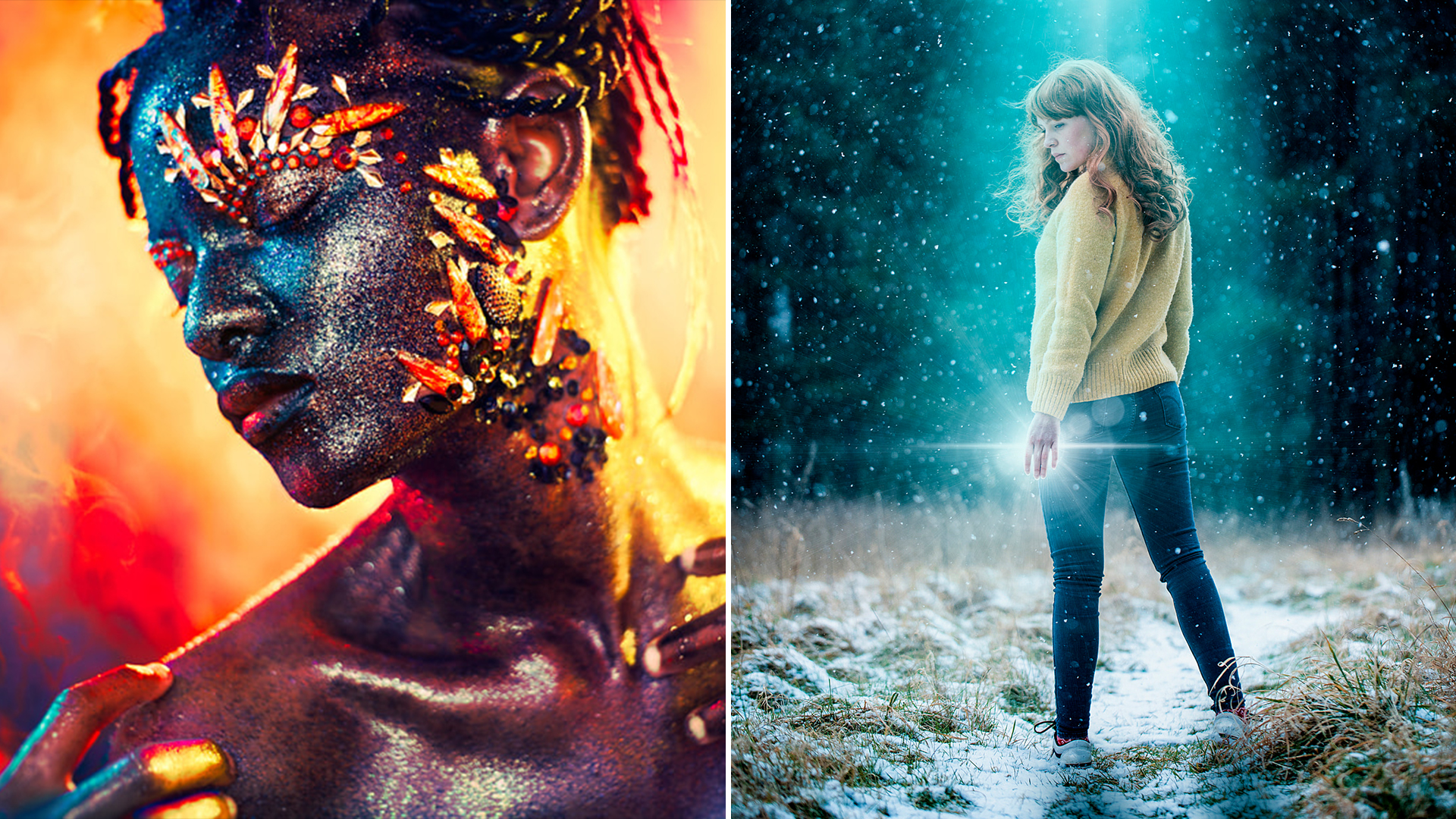
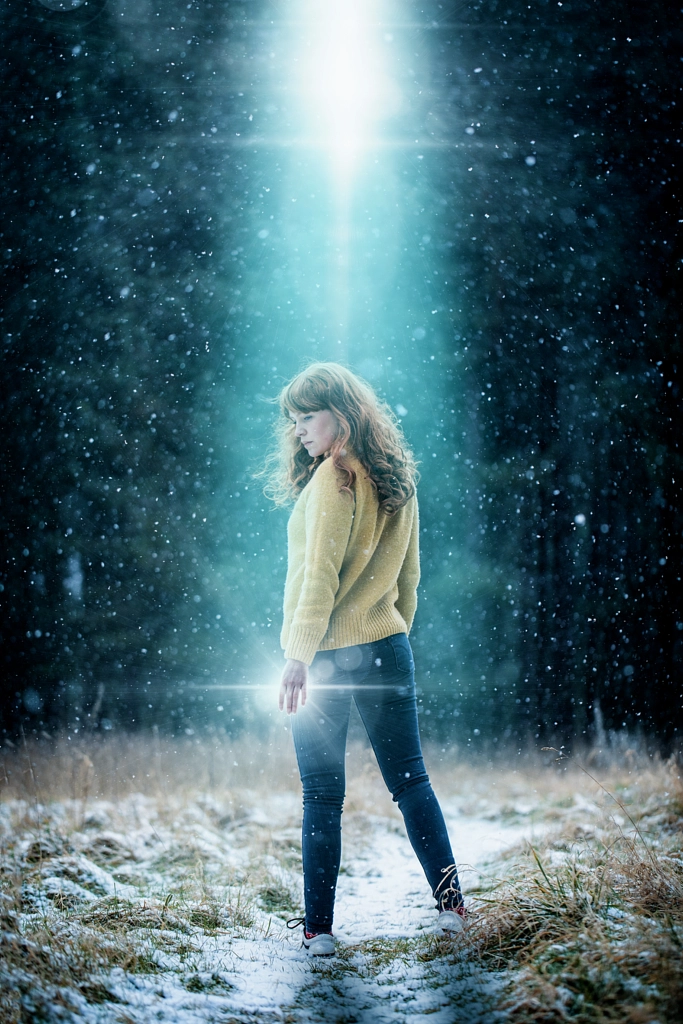
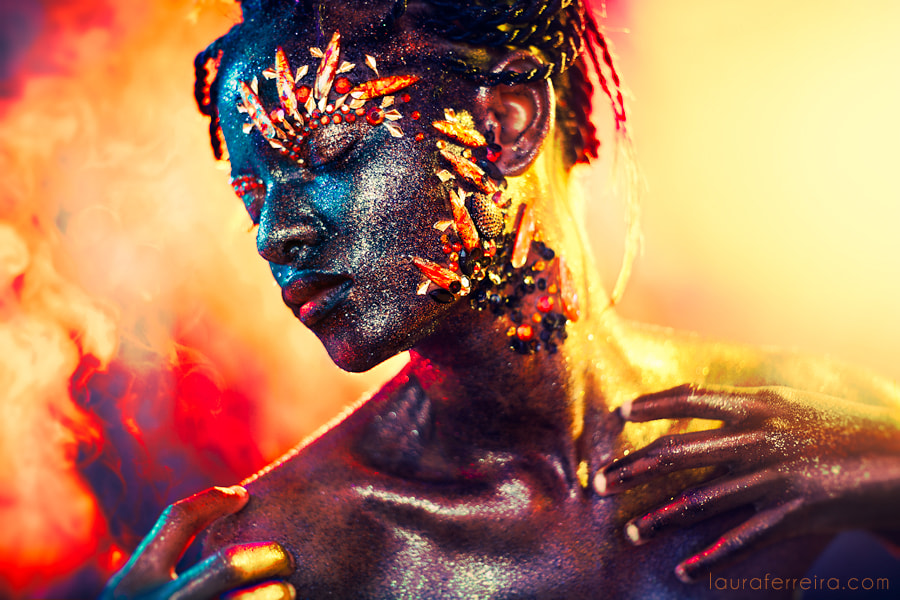
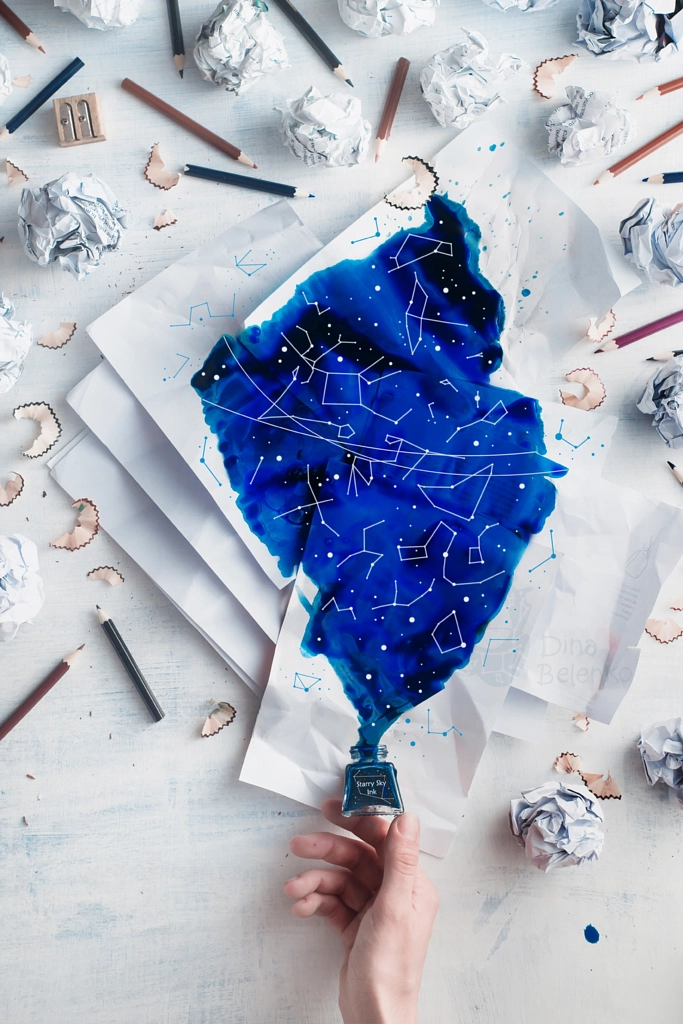
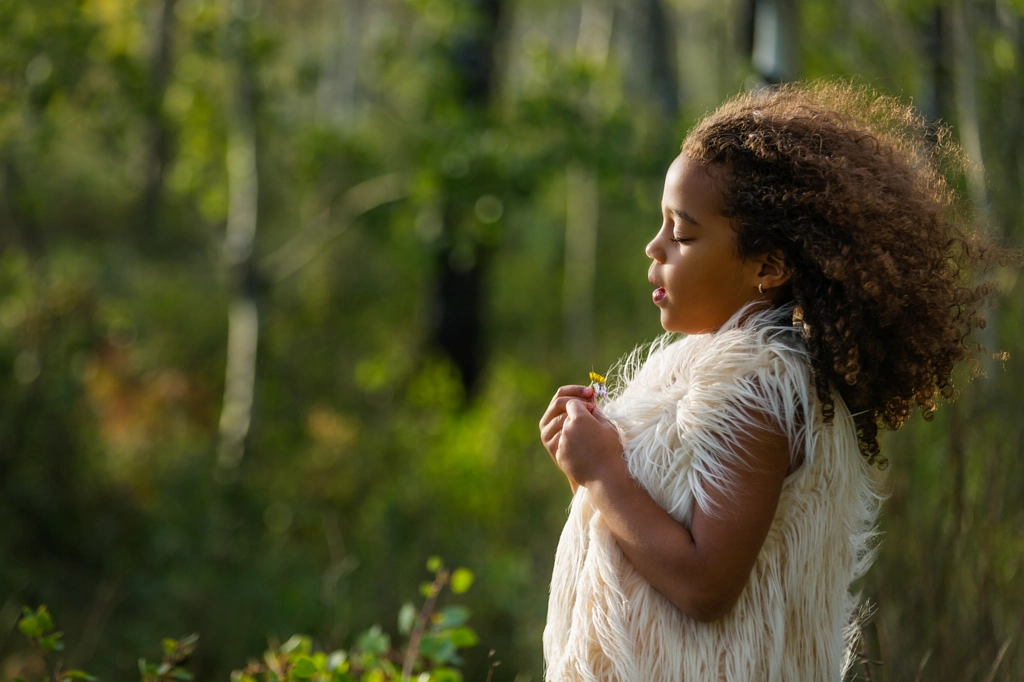
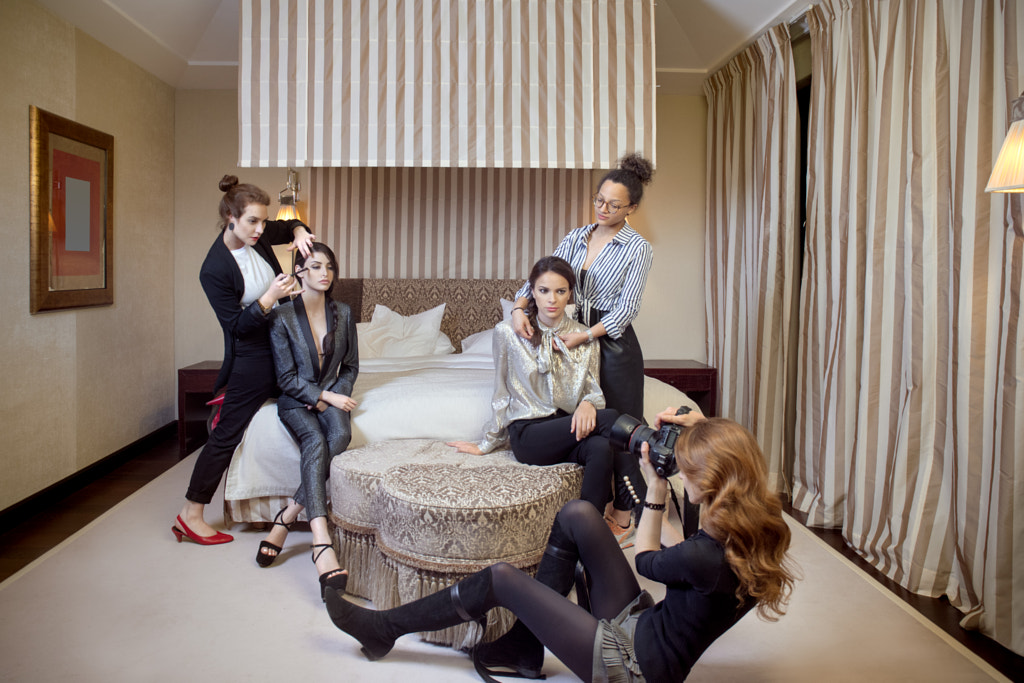
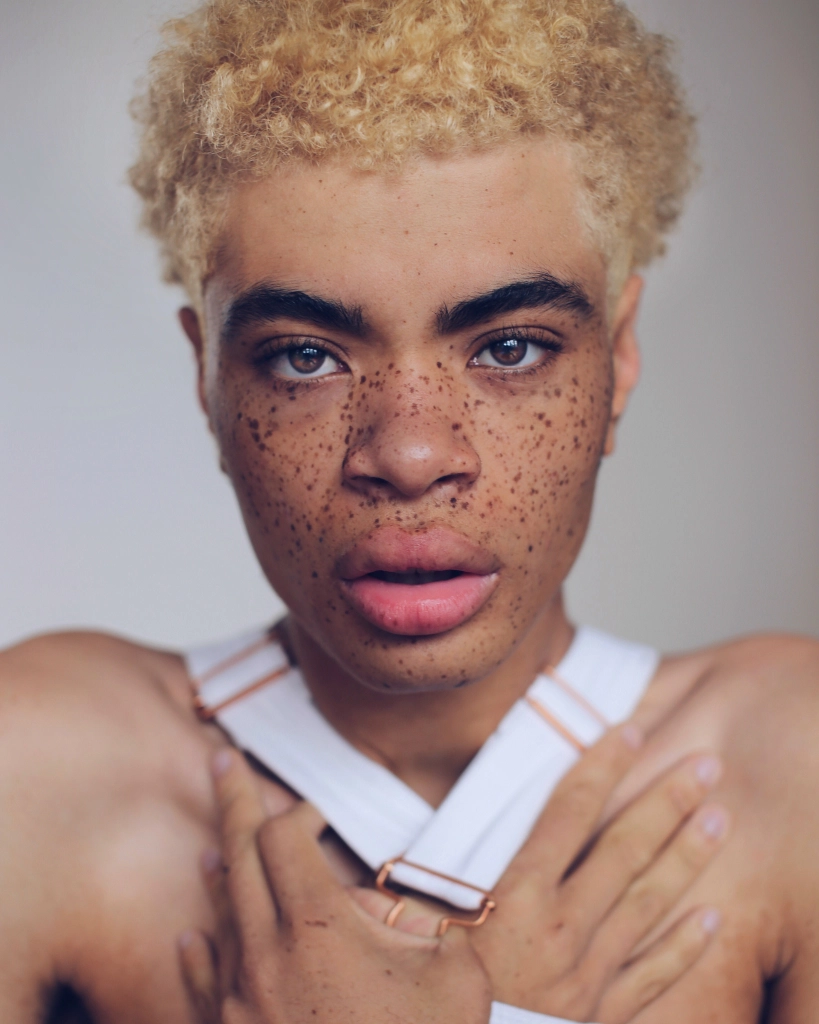
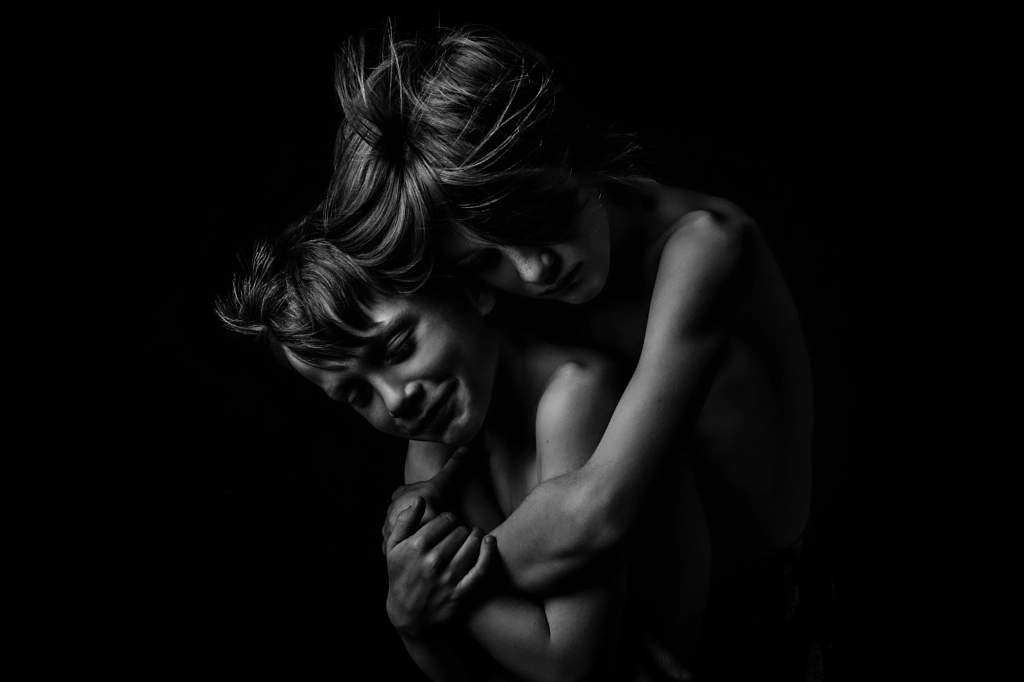
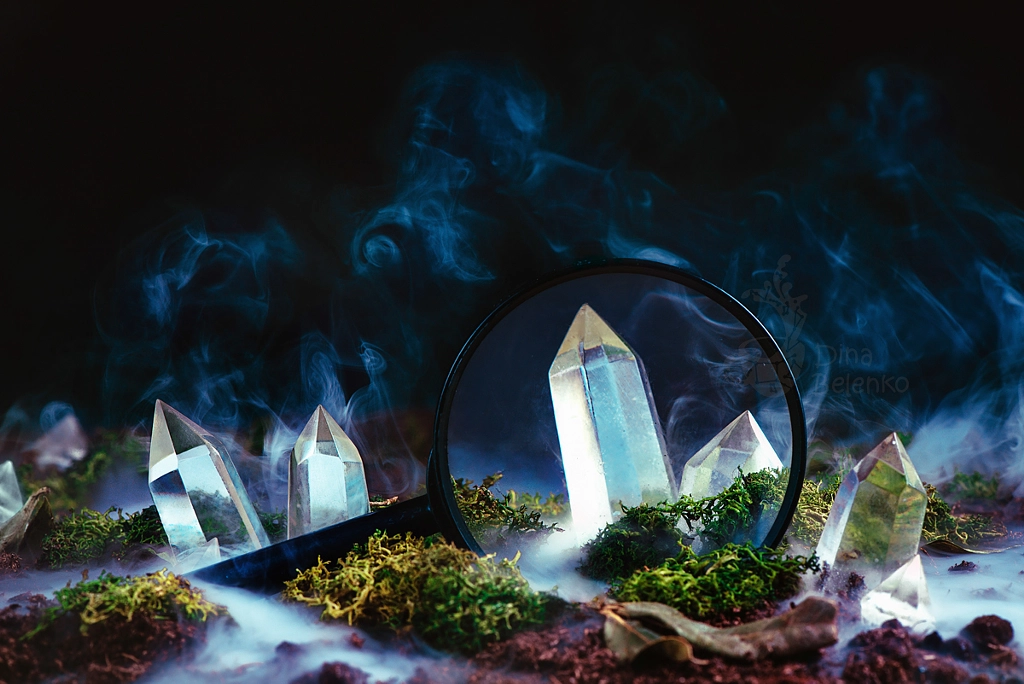
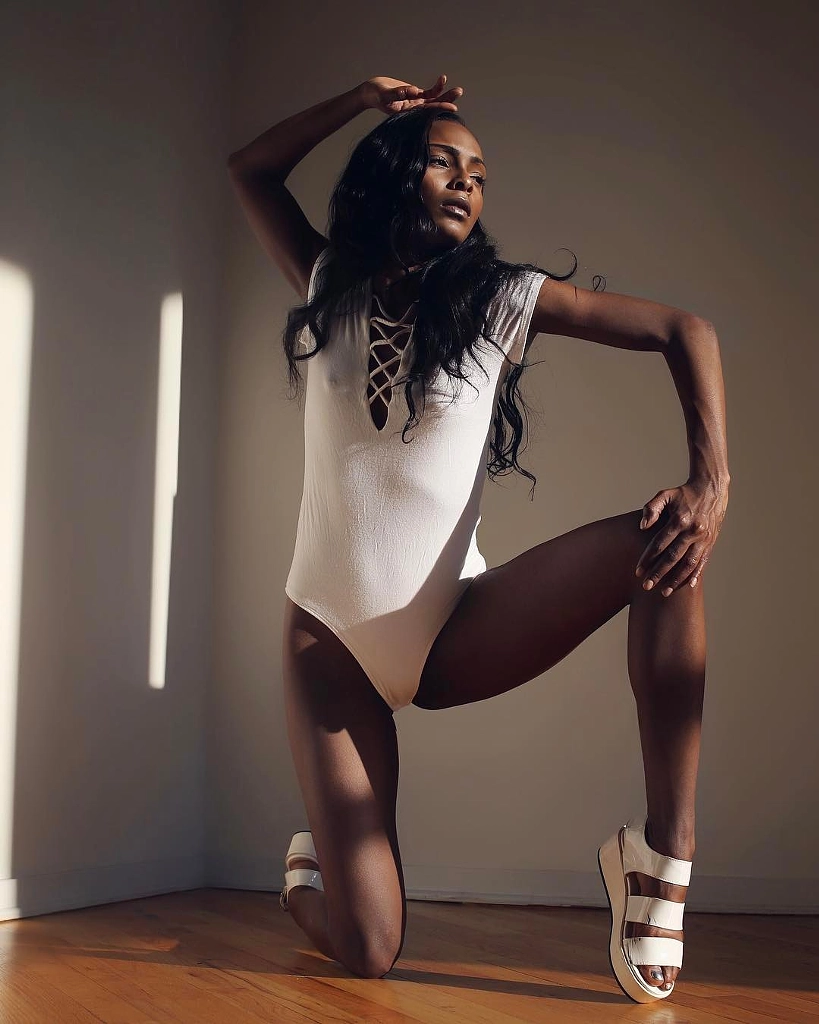
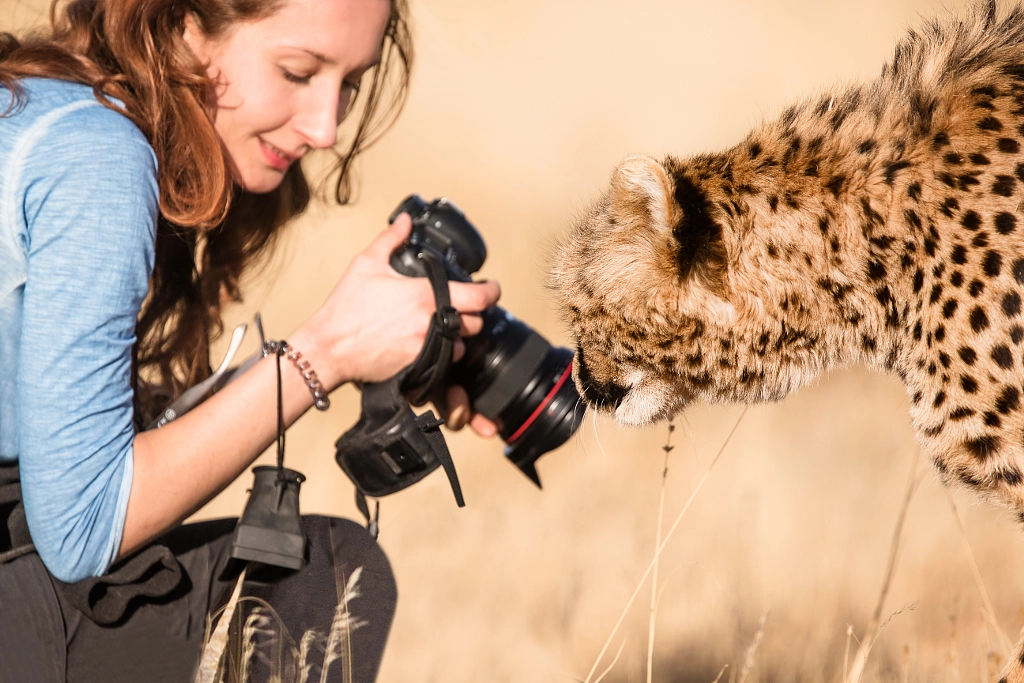
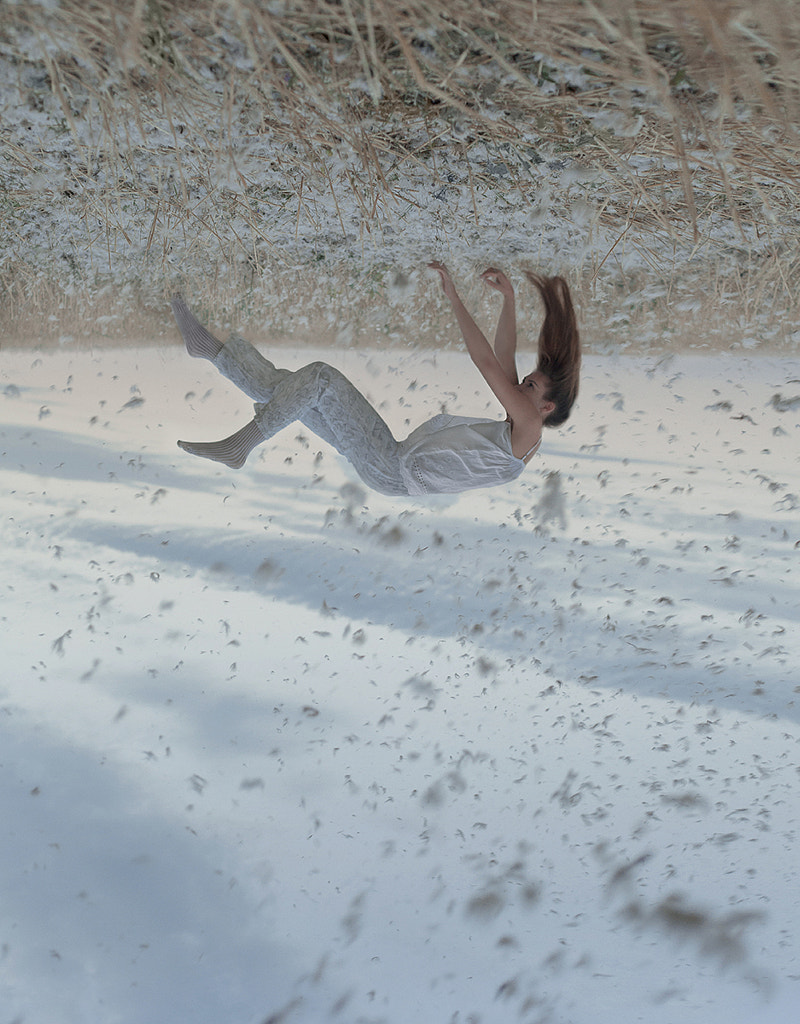
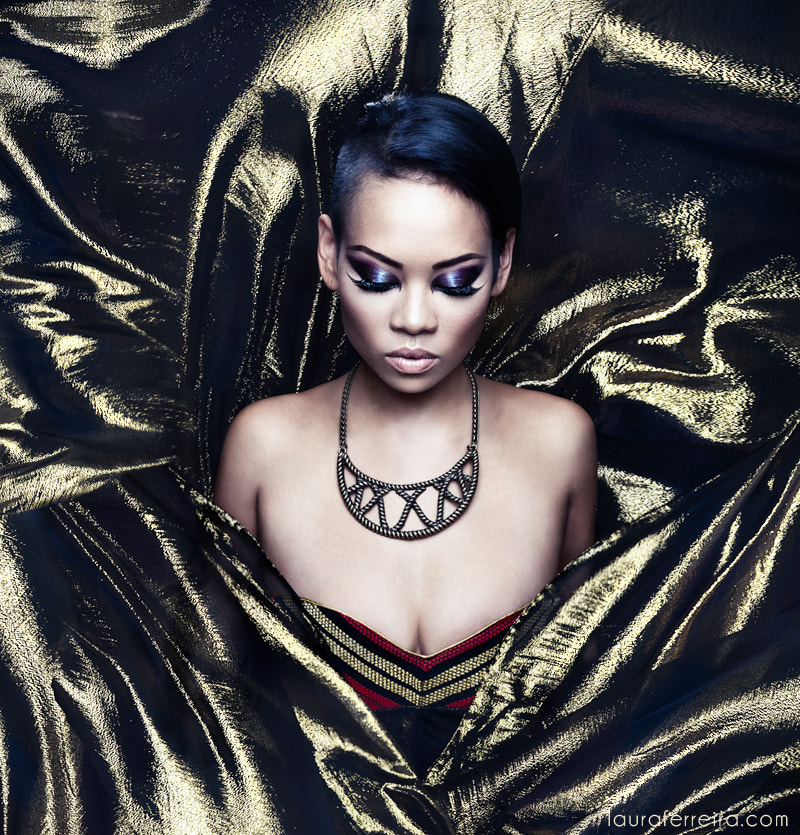
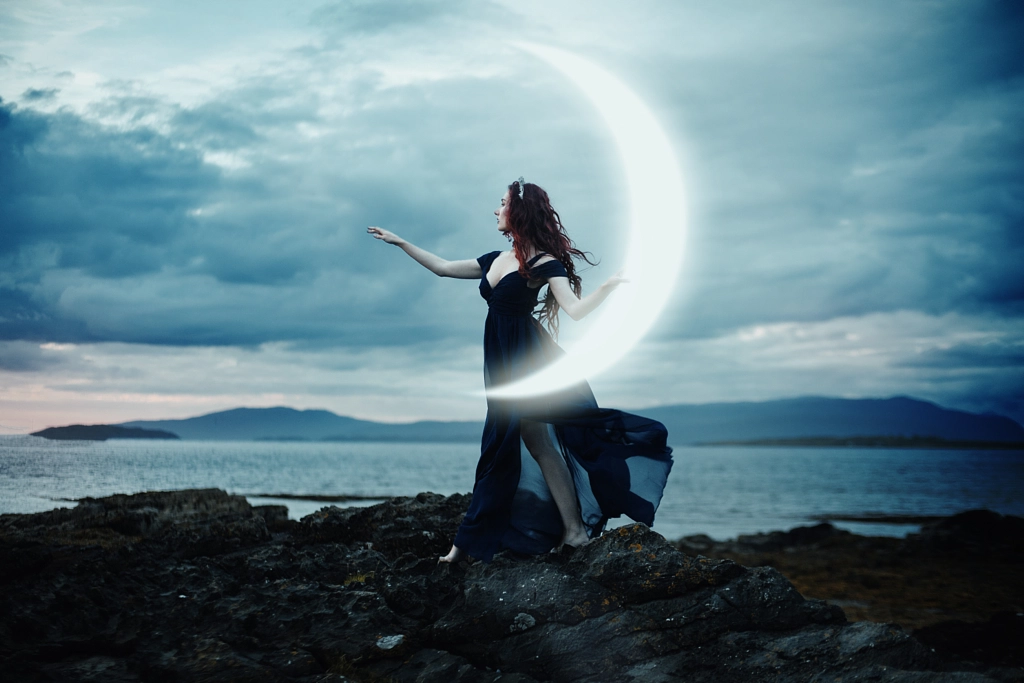
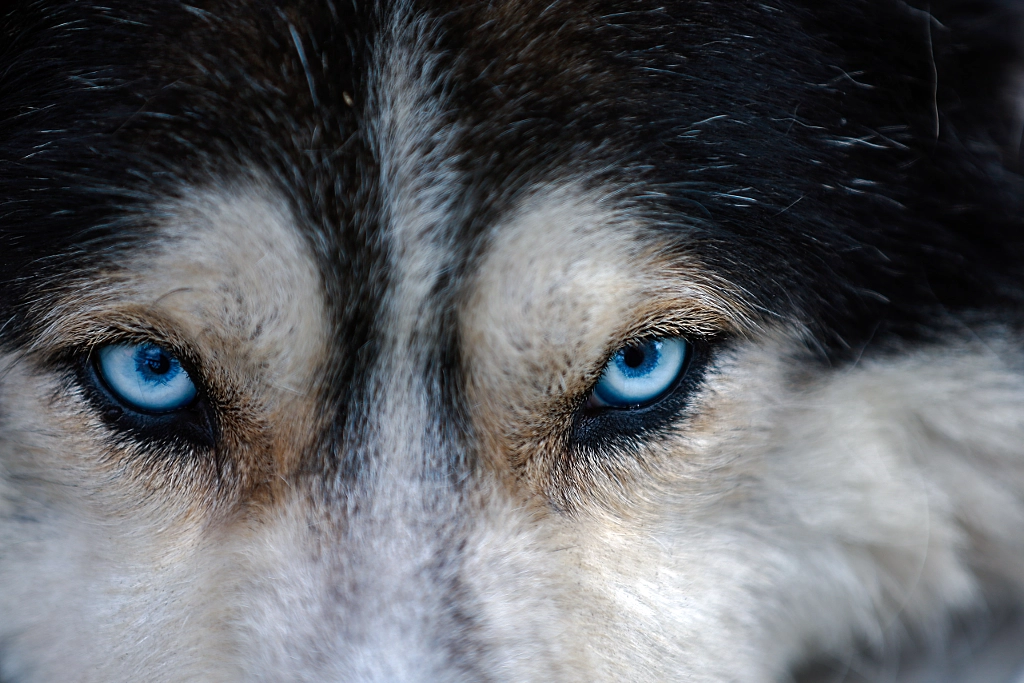
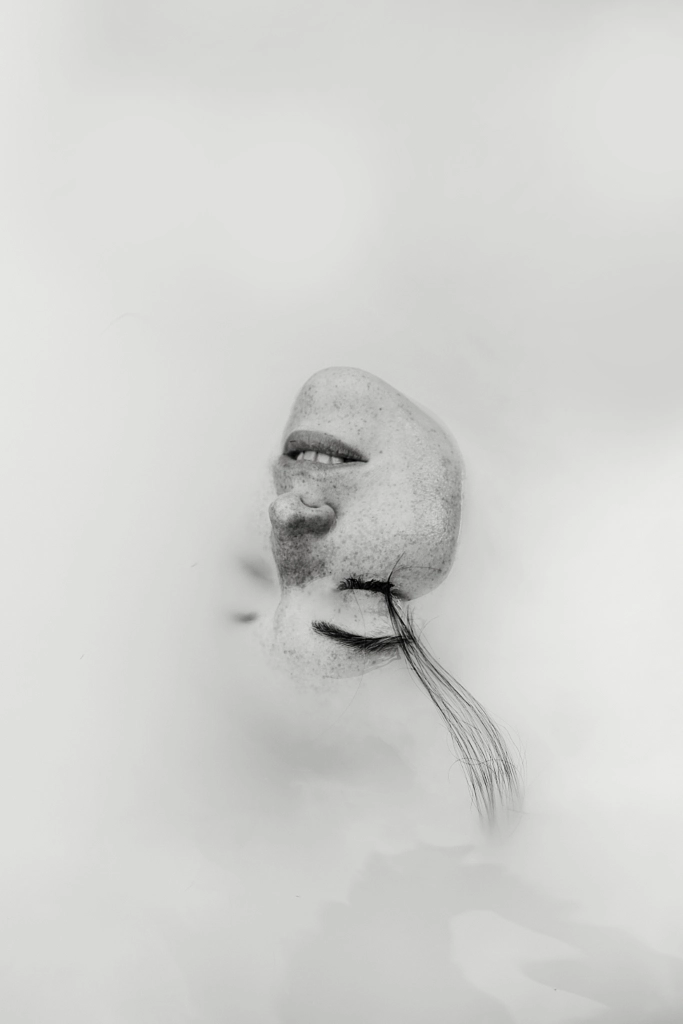
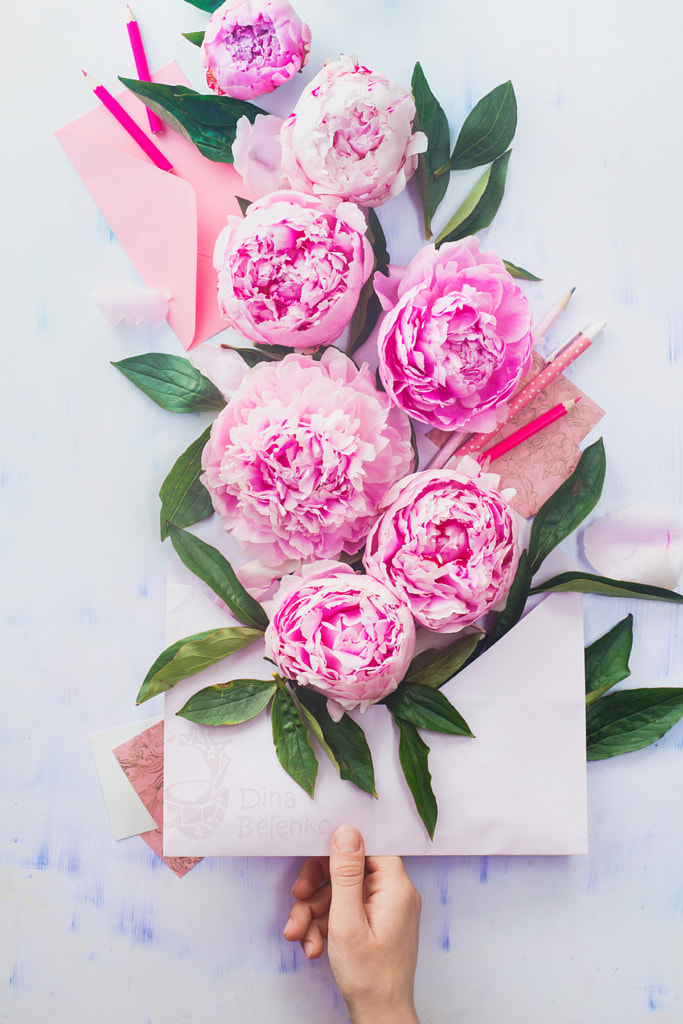
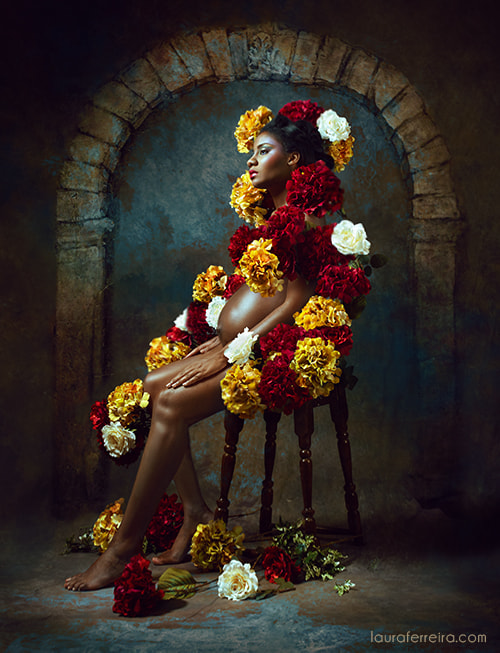
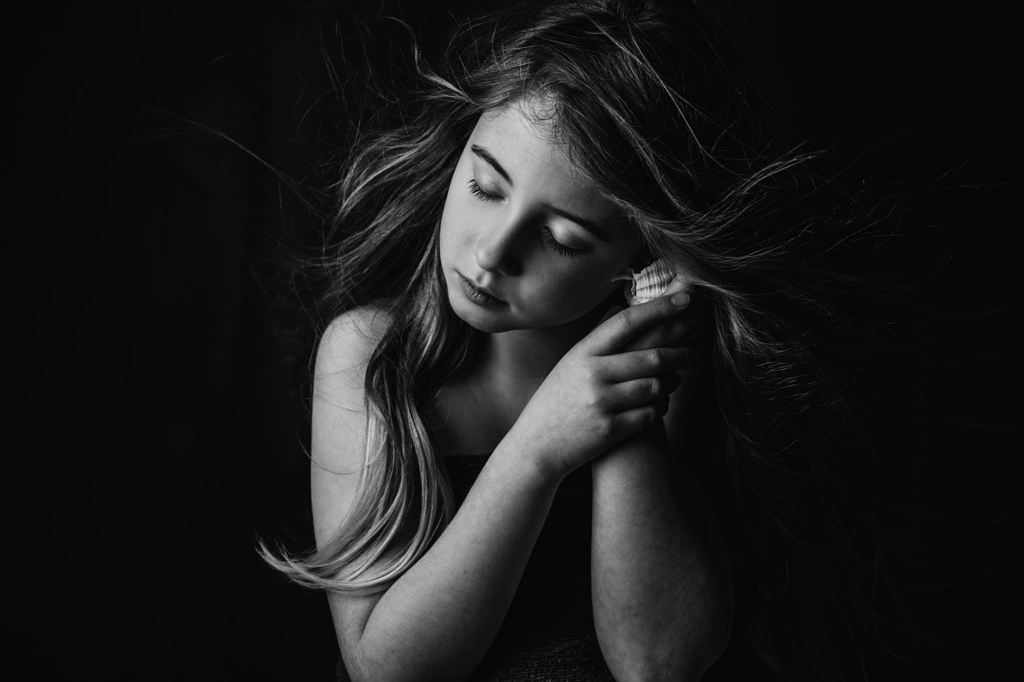
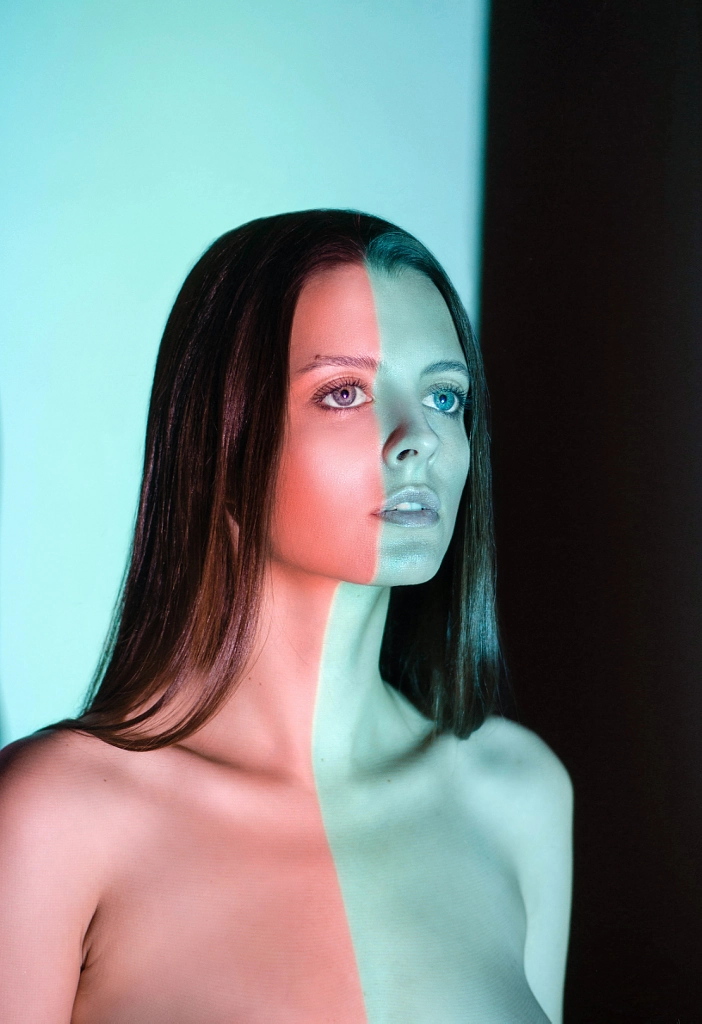
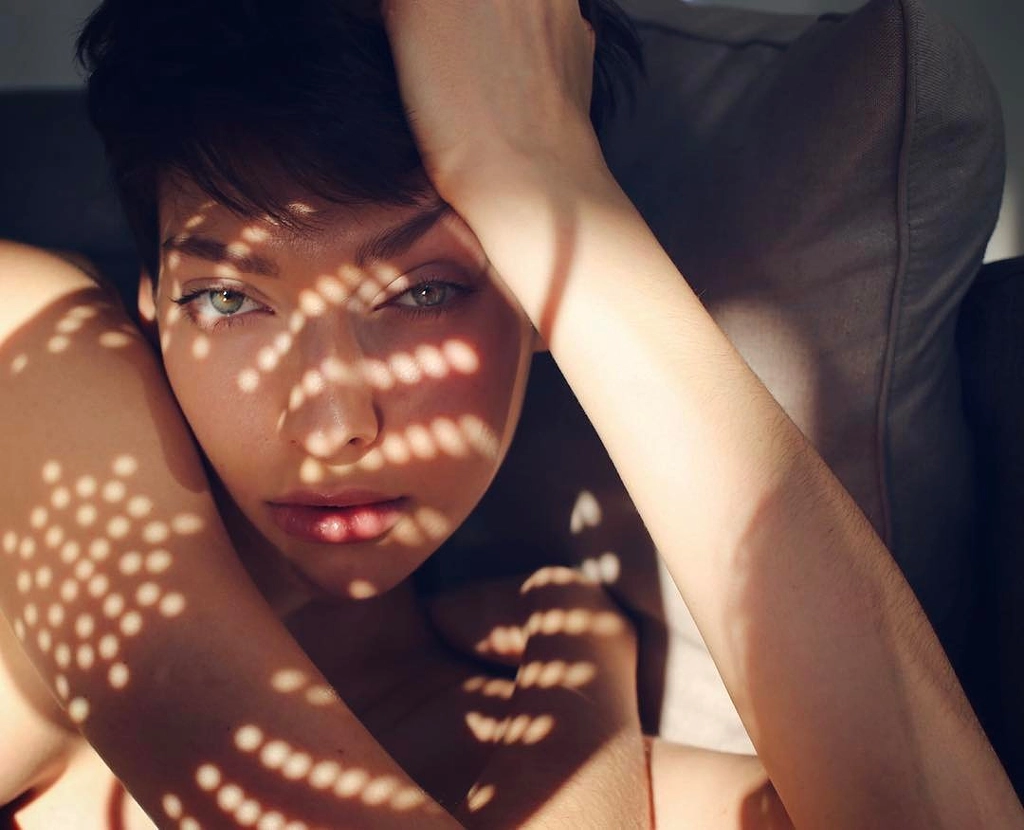
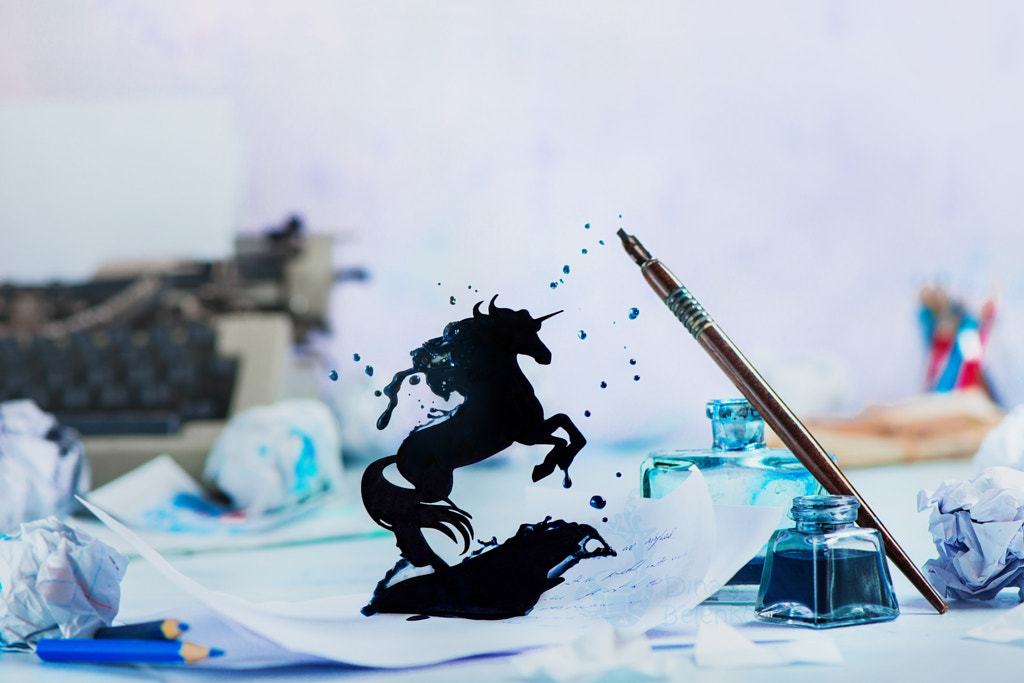
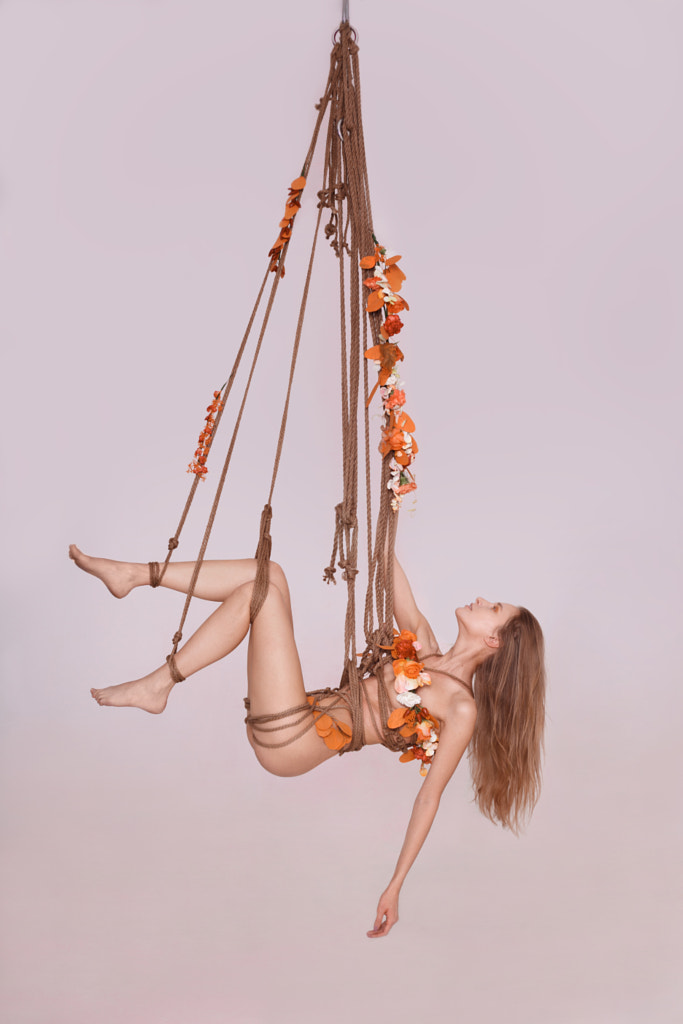
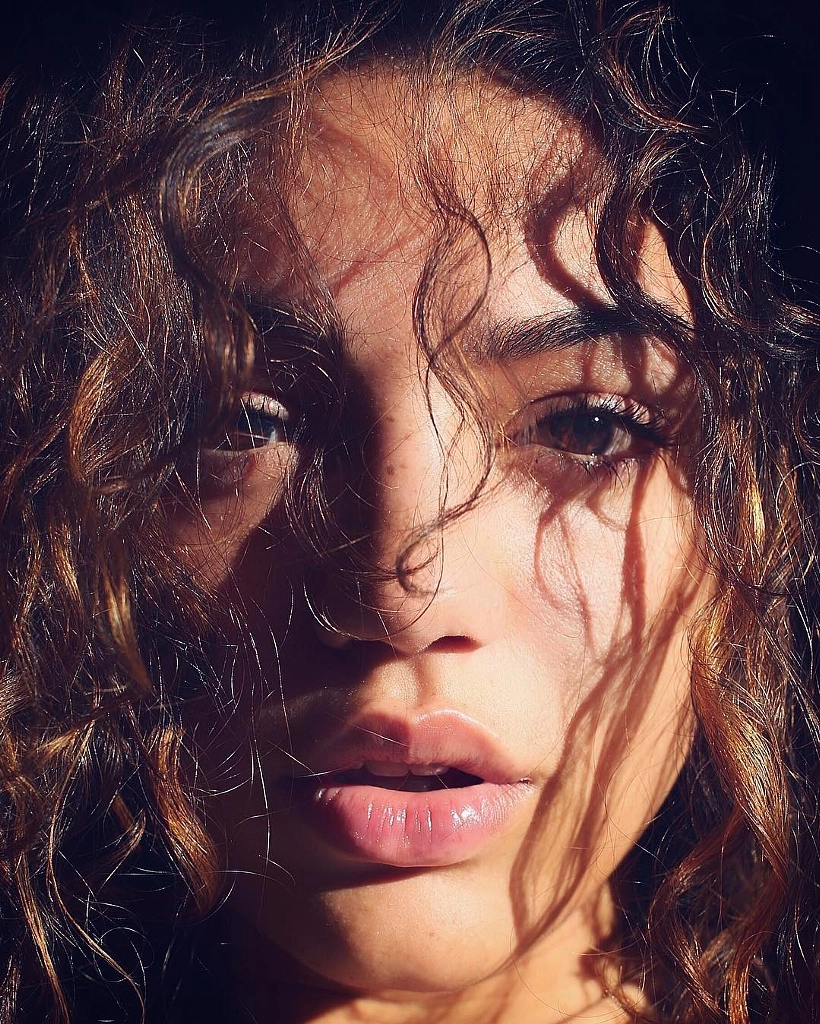
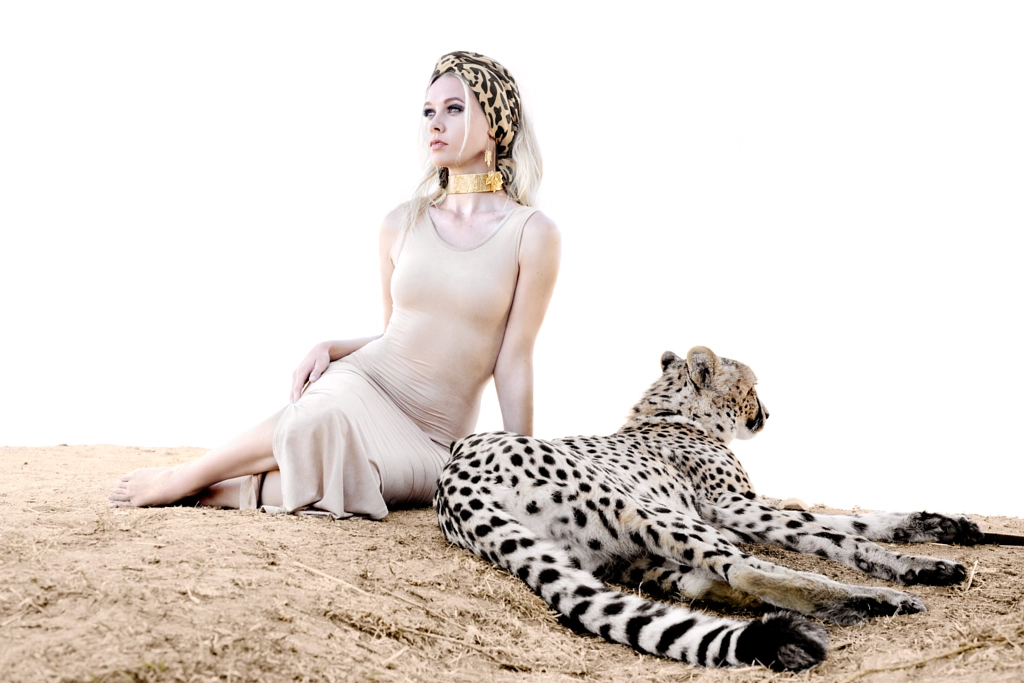
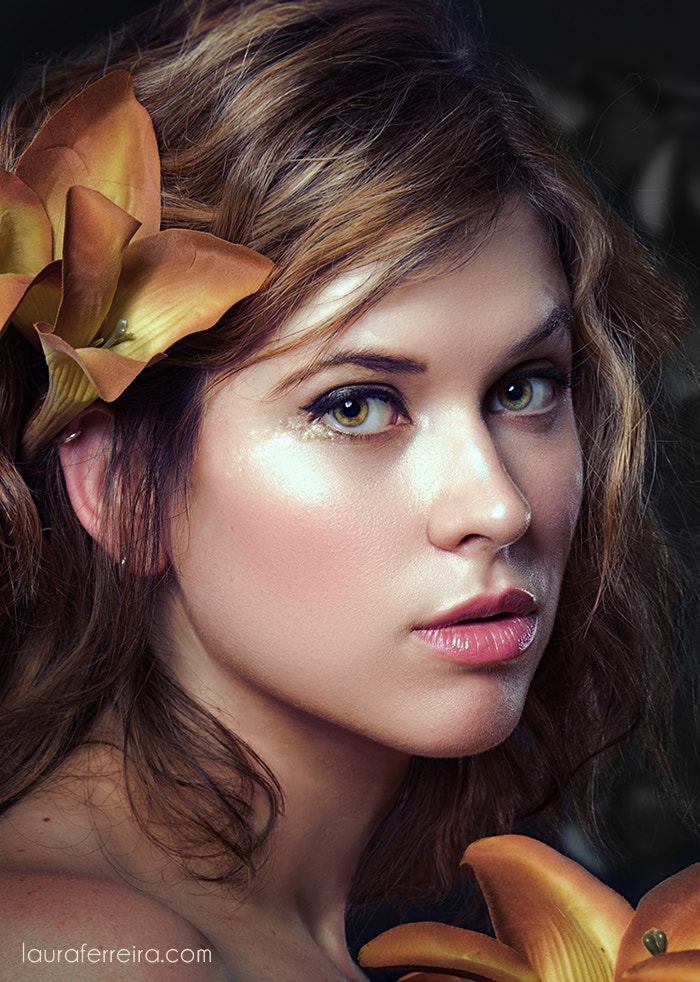
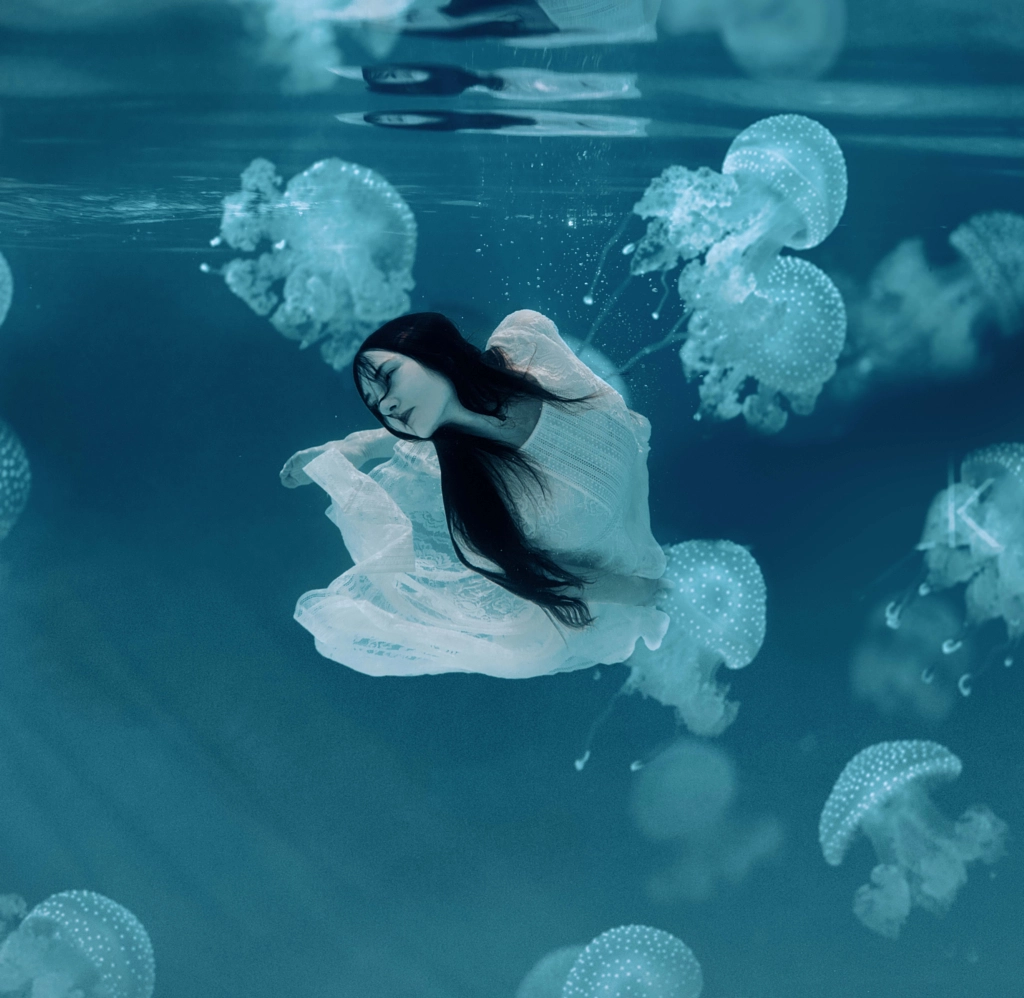
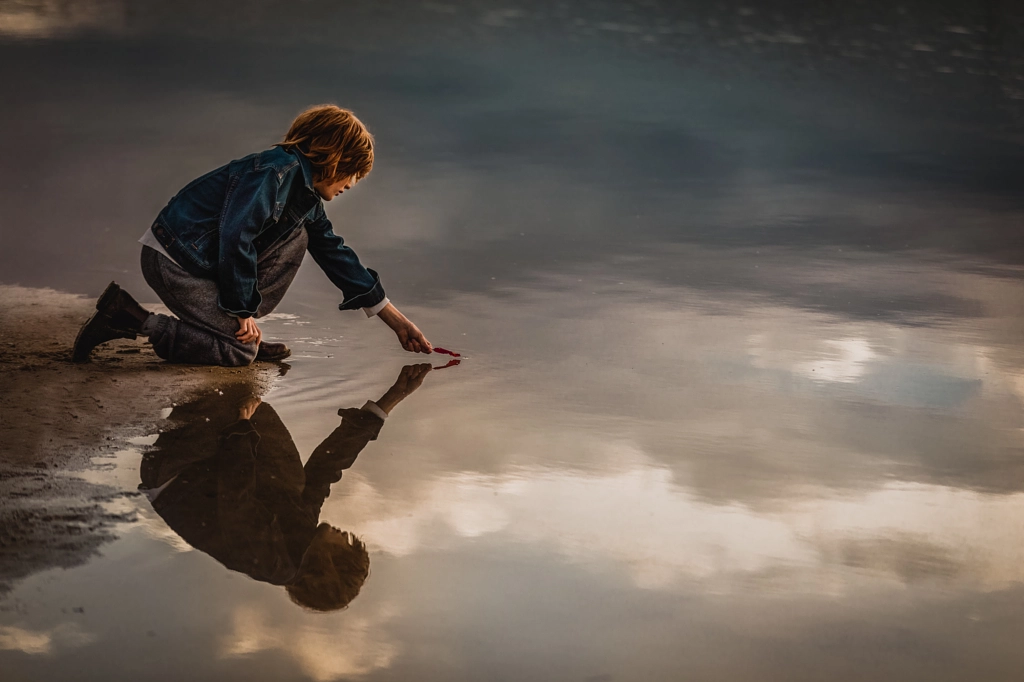
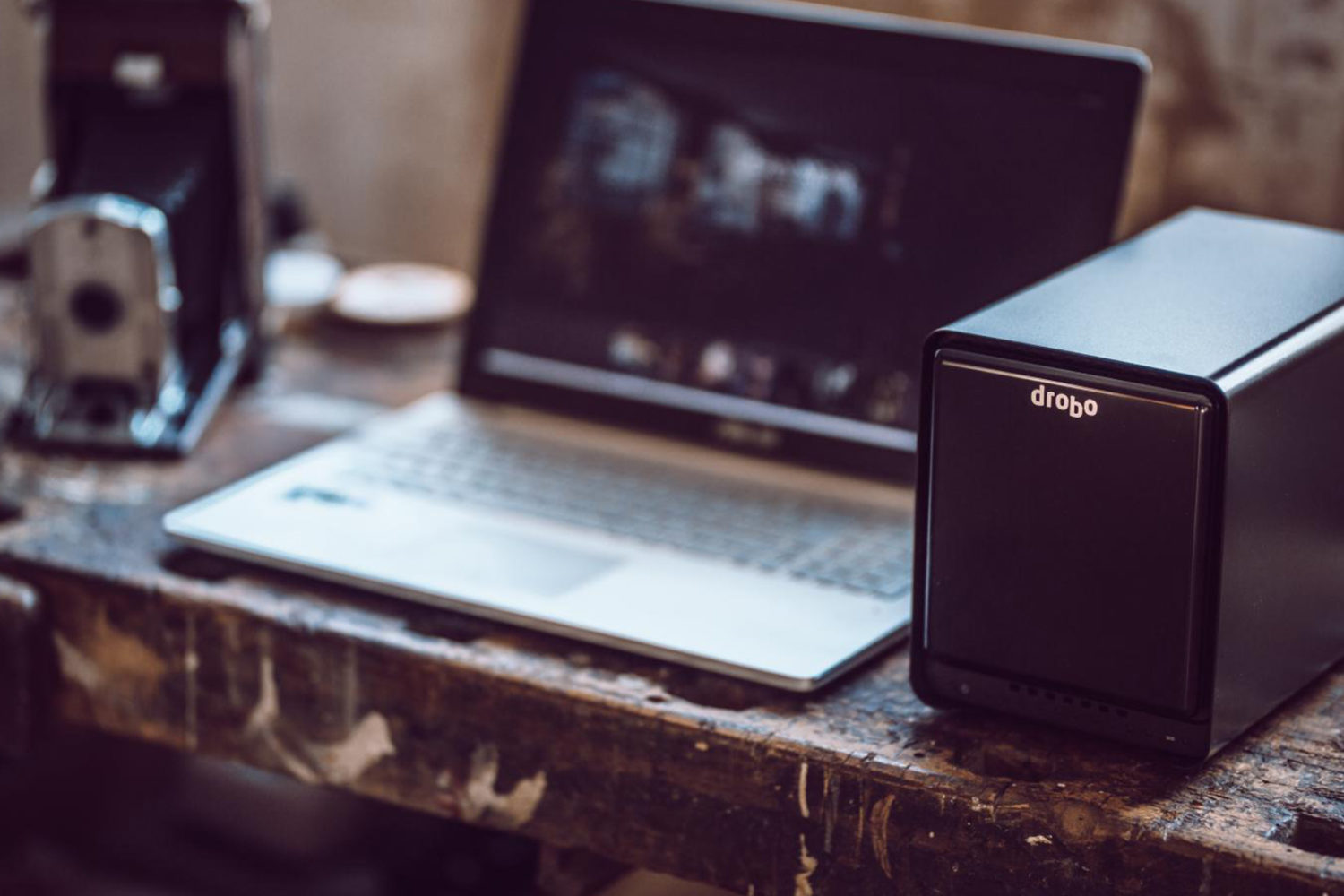
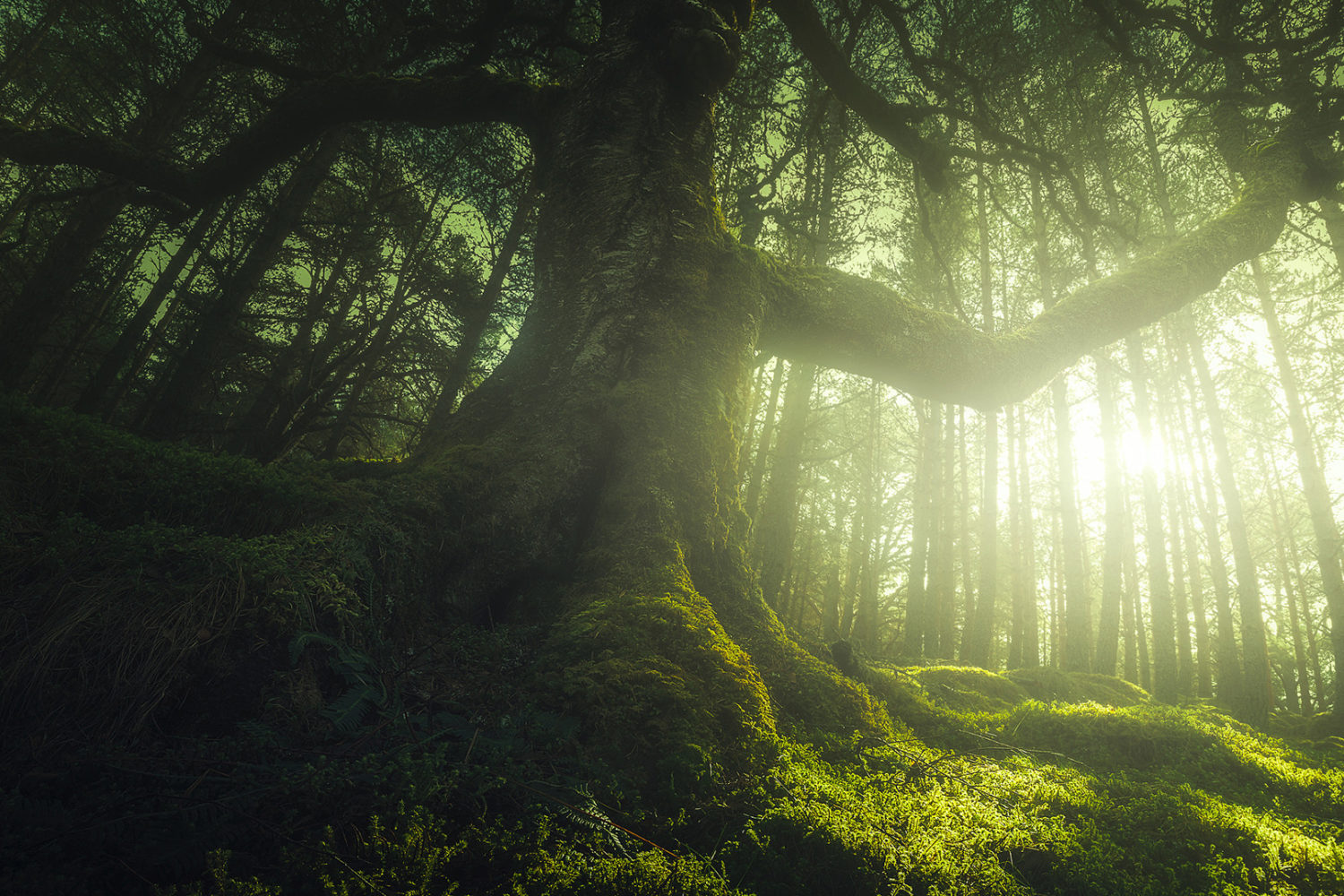
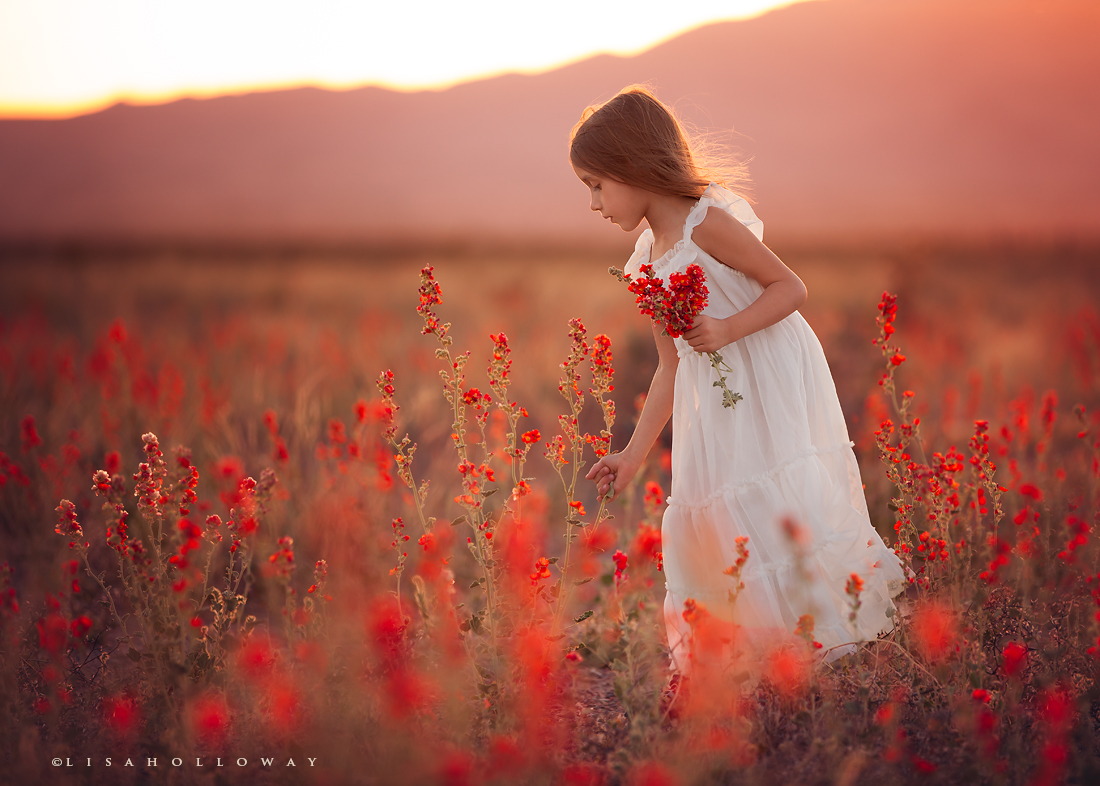
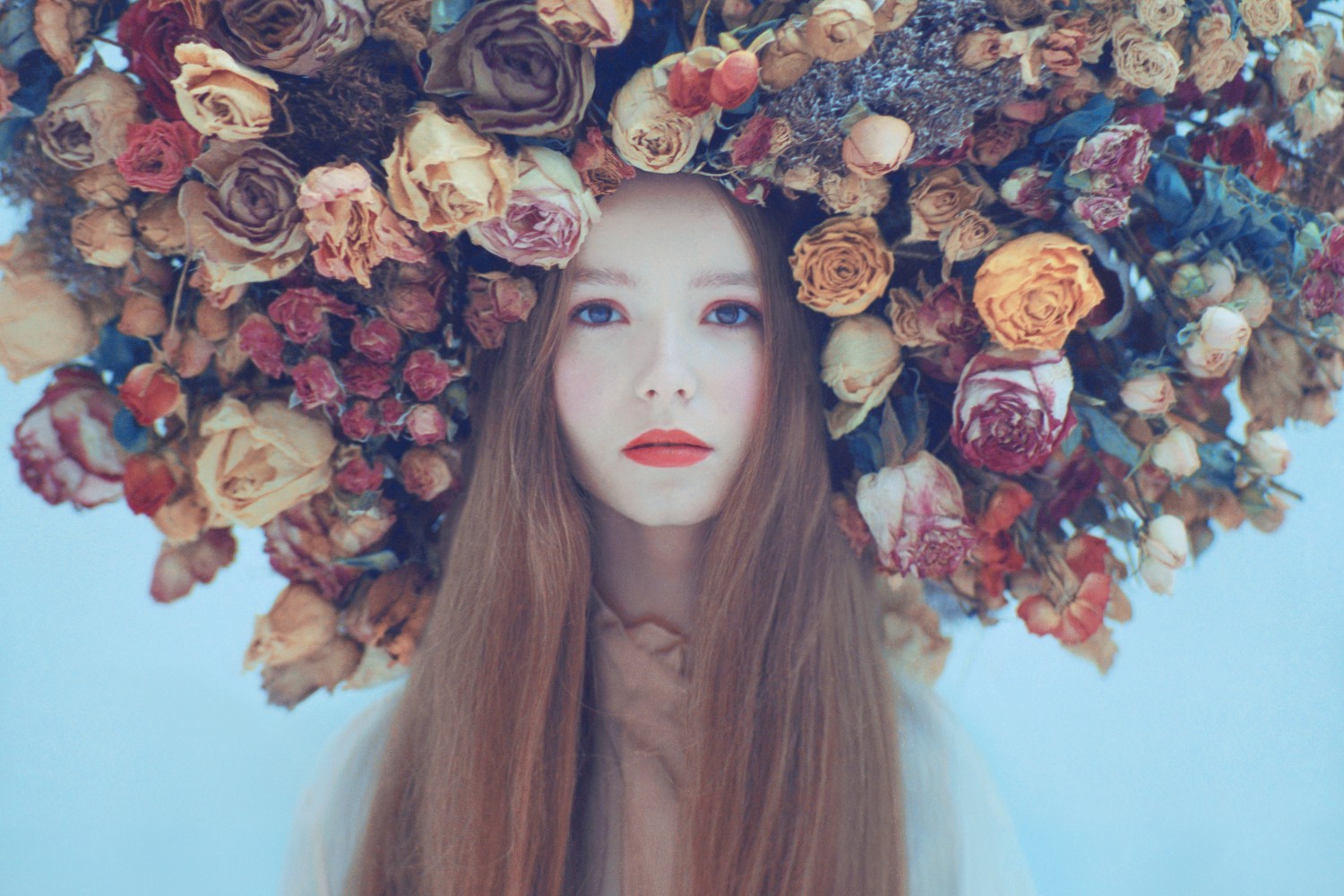
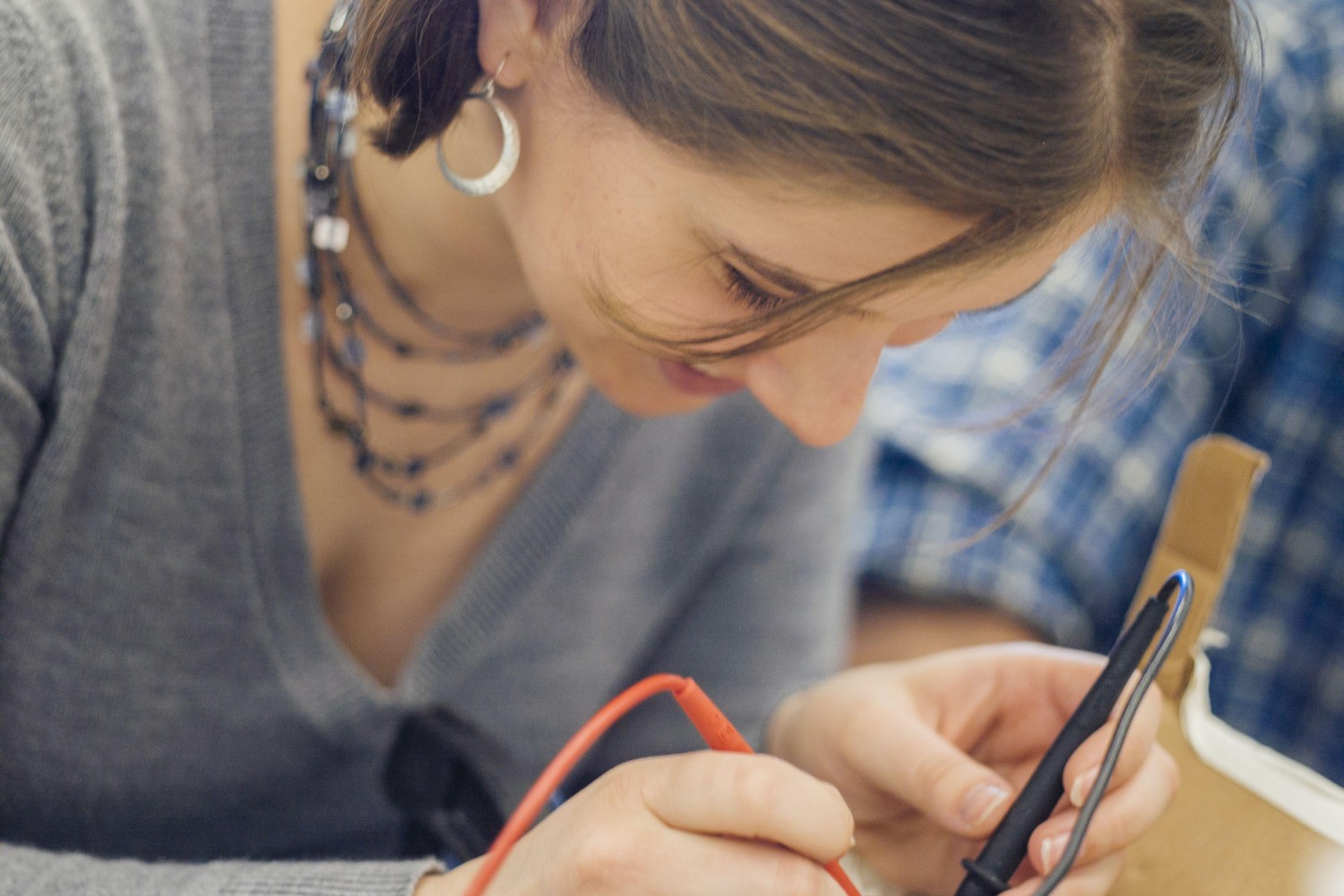
Leave a reply